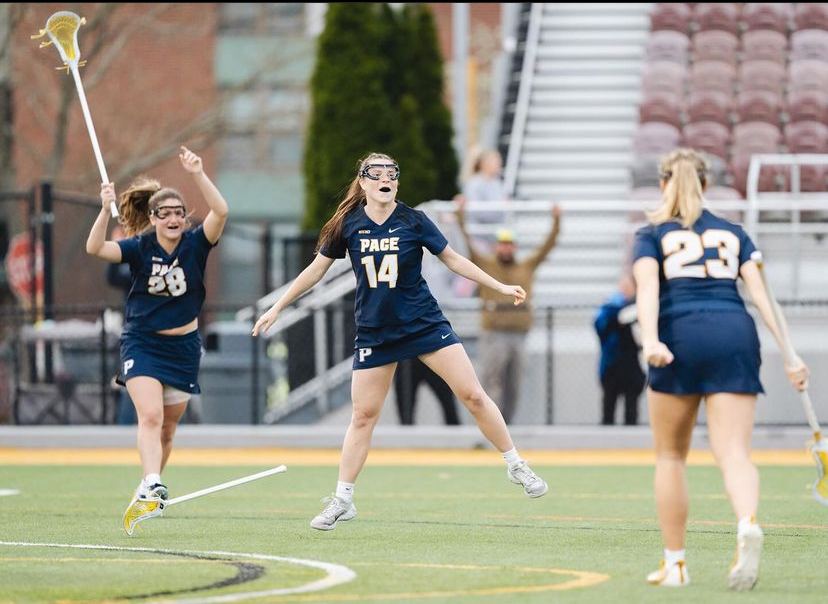No More Snow Days: New Policy For Weather Emergencies

Since elementary school, students have looked forward to the inevitable snow days out of the year. But Pace has created a new a policy that changes the entire landscape of the beloved snow day.
February 24, 2019
While classes have only been in session for a few weeks, Pace has already been forced to close twice due to impending snowstorms. For many students, these snow days are a dream come true; they’re typically days to sleep in and not worry about classes or assignments. However, policy changes at Pace mean that these snow days will no longer give students the get out of class free card that they have come to know and love.
At the start of the semester, students were notified by the Office of the Provost that classes would no longer be cancelled due to weather emergencies. Instead, it is up to the professors to modify lessons for distance learning or to provide alternative assignments. During weather emergencies, physical classes can be, and have been, cancelled, but the expectation is that these classes will simply shift to run virtually for the day.
Professors, however, have had very different approaches to these snow day dilemmas. Some professors have sent out new assignments on these snow days or have assigned additional homework. Other professors have taken it upon themselves to just cancel class outright. The issue here lies in the fact that there is no publicized standard that explains how a professor should or should not handle a weather emergency beyond the fact that classes should run no matter what.
This means that students have no idea what to expect from their courses when a snowstorm does hit, and it can create a lot of confusion when professors are reacting differently. More importantly, this puts added pressure on professors to create new lessons or assignments on the spot.
With that said, this policy is new as of this semester. Further, there have only been two weather emergencies thus far under this new policy. Still, student opinions are divided on the matter following these two weather emergencies.
“I’m not a big fan of the virtual classes,” said freshman Elizabeth Fontanilles. “It makes things far less personal, and you don’t get the vibe that you’re still in class so it’s often harder to fully pay attention.”
Some students, however, don’t seem to mind these virtual class sessions that are supposed to be held on snow days.
“[The new policy] has affected me in the sense that I actually have to work on snow days,” freshman Pasquale Noce said. “While I’m not a fan of doing more work, I understand the benefit of it and I think the university is really just trying to help us maintain academic excellence.”
However, since this is a new policy that has only been in effect twice thus far, it isn’t clear how it will shift or if this policy will even remain in place for future semesters. Regardless, if this policy does stay in effect, there is certainly a need to set standards for what the “backup plan” should be.











